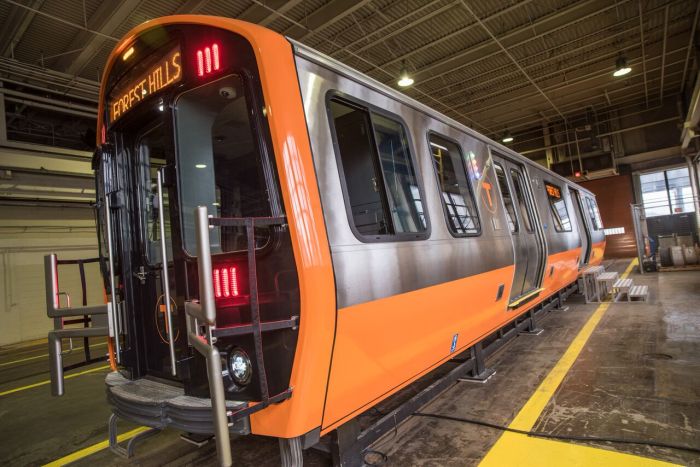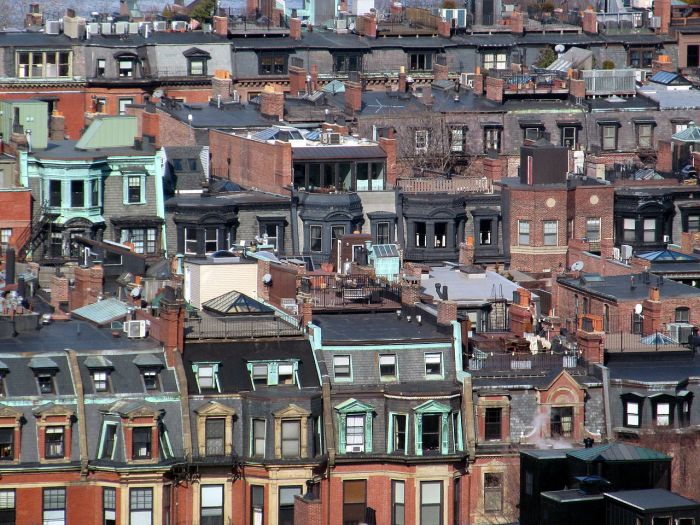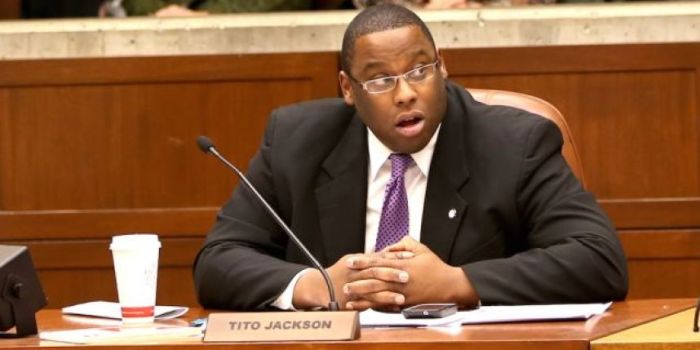Each year, suicides in Massachusetts outnumber traffic fatalities and homicides combined, according to data from the suicide prevention organization Samaritans. In fact, suicides are four times more frequent here than homicides. “People just don’t know that,” said Steve Mongeau, executive director of Samaritans. “And it’s entirely [because of] the shame and stigma behind it.”
For more than 40 years, Samaritans has been serving the Greater Boston community and beyond to provide a 24/7 crisis hotline (that, as of a year ago, is also open to texts), grief support for those who have lost a loved one to suicide and community education and outreach initiatives to better inform teachers, guidance counselors, therapists and more about the warning signs for someone who is suicidal. “I often say that we have all these organs and if you have a heart problem or cancer, people talk about it and share and try to help,” Mongeau said. “But if it’s your mind, [you hear]‘Suck it up. Deal with it.’” Mongeau has been working to turn that reaction around by holding workshops in schools and other community organizations. Now that Mayor Marty Walsh has recently announced a partnership between the City of Boston and Samaritans, Mongeau knows that his organization will be able to help more people. In the partnership, Samaritans will bring its workshops and gatekeeper program to those who work with populations that are at a high risk for suicide. Suicide is the second leading cause of death for those between 15 and 24 years old, Mongeau said. The elderly and veteran communities also have high rates of suicide. Samaritans’ gatekeeper program helps better inform the communities’ “gatekeepers”—roles like coaches, nurses, teachers, police and so on—about the risks and warning signs of suicide. If they know that to look for, these gatekeepers can better reach out to those people in need and encourage them to get help. Samaritans is partnering with the city to set up gatekeepers within Boston’s Office of Veteran Services, Centers for Youth and Families (including their Senior Outreach Program) and the Public Health Commission’s recovery, homeless, and child, adolescents and family services. “Suicide is a public health concern, and educating residents about existing resources, and identifying the risk signs of people who may harm themselves can help save lives,” Walsh said in a news release. “As a city, we are only as strong as our people, and I am thankful to partners like the Samaritans for their work to fight suicide and save lives.” Mongeau has seen the result of Samaritans’s efforts first hand, especially since Samaritans presented a suicide prevention and awareness workshop to more than 800 teens participating in Walsh’s SuccessLink summer jobs program as a kickoff to the partnership. In that workshop, kids heard from families impacted by a suicide death, learned the warning signs and were told about the resources available to them. Each kid got a wristband with the Samaritans toll free call and text crisis line phone number on it—these are always anonymous, Mongeau said. “Within a week of that, we had two instances—one young person said he was really down, but looked at the wristband and thought they’d give it a try,” he said. “We thanked him for being so courageous as to reach out, and he said that prior to [the workshop], he didn’t know we were here.” “The second incident, a young person said they were really considering overdosing, but said ‘I thought I’d text with you first,’” Mongeau said. “An hour and a half later, they were still texting, with plans to talk to [Samaritans] more.” Mongeau said that the partnership with the city is all about raising awareness and helping those who need it by letting them know there’s someone ready to listen. He also encouraged anyone who may not need their services to help run their services—Samaritans help lines are manned entirely by volunteers. Anyone interested in volunteering can visit samaritanshope.org. Despite the tragic statistics on suicide, Mongeau said that he’s seen progress. With this partnership, Walsh has opened more doors to help those living in the city, he said, so that Samaritans “can embrace our community more closely.” If you’re feeling suicidal, depressed or lonely, or are concerned about someone else, call call or text 1-877-870-HOPE (4673).
Boston pairs with Samaritans group to help prevent suicides

Samaritans Inc. Facebook























